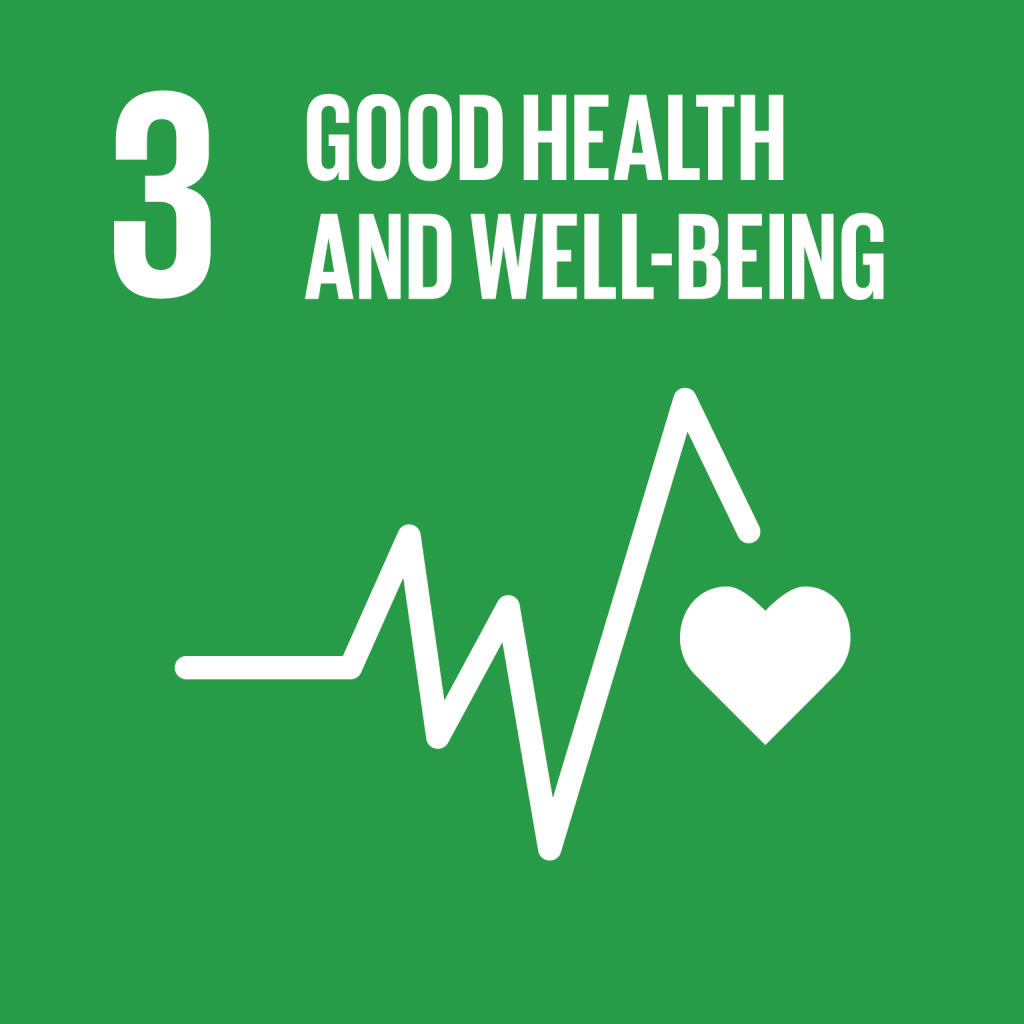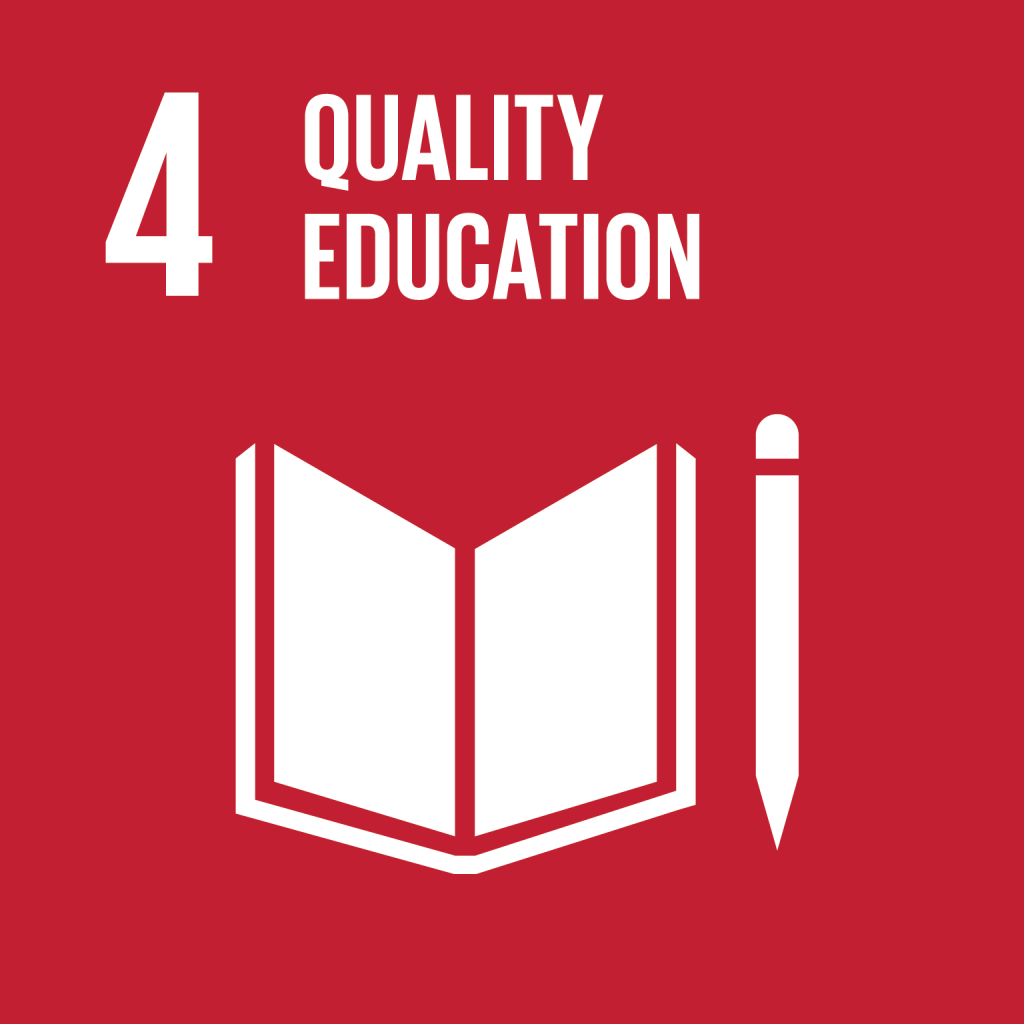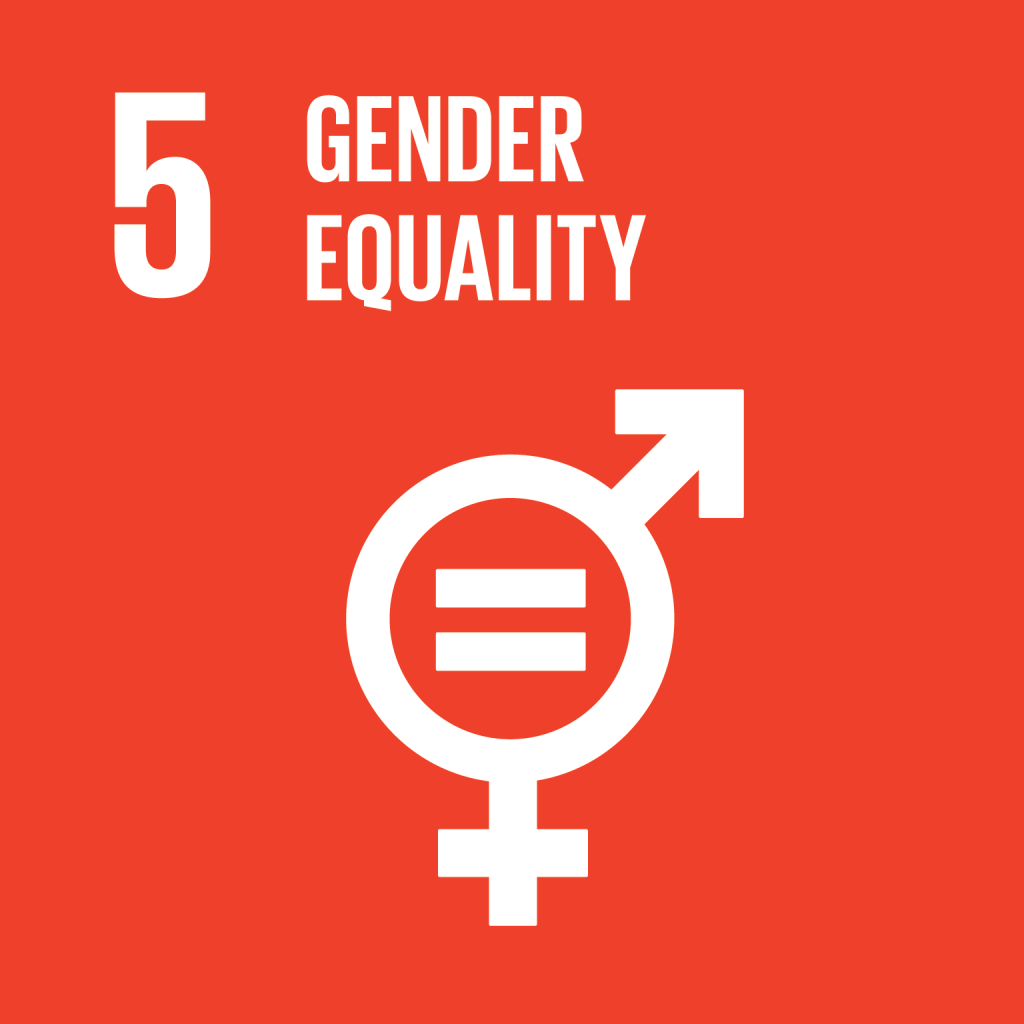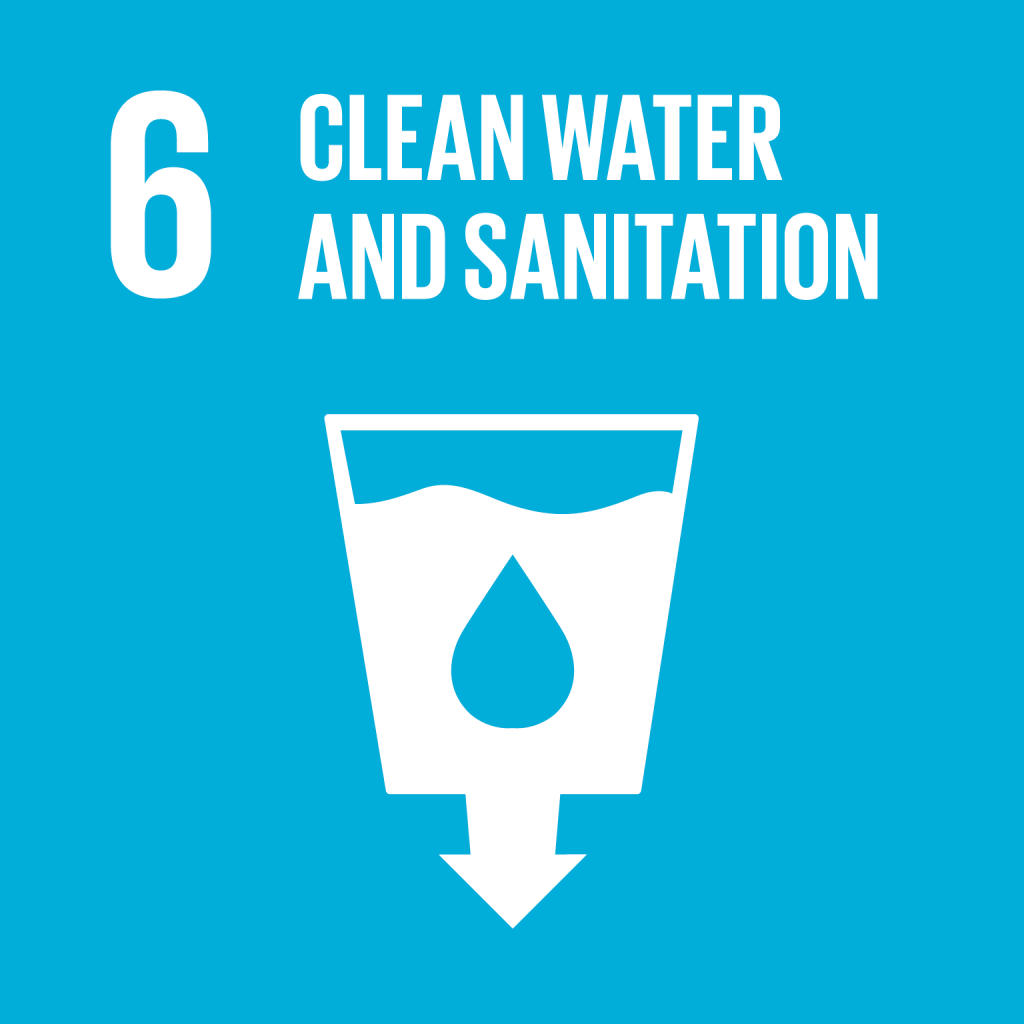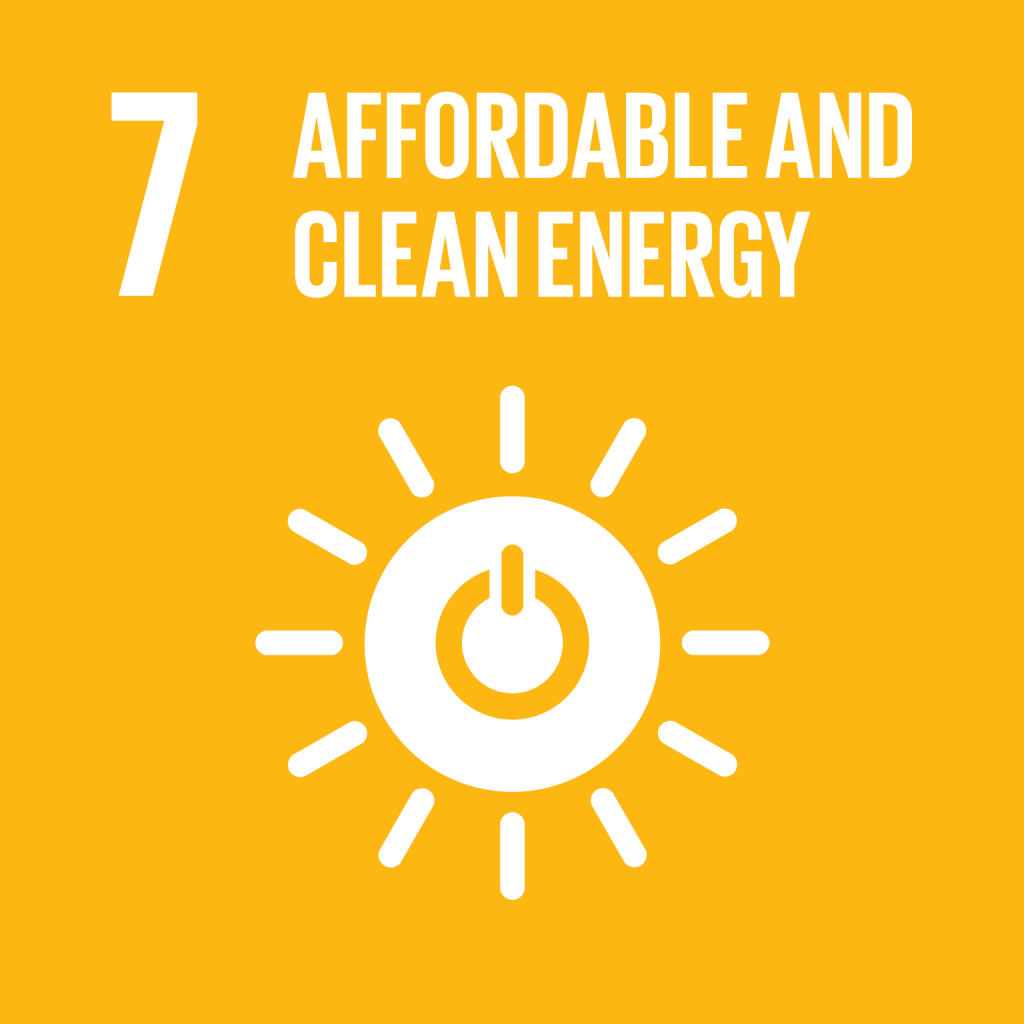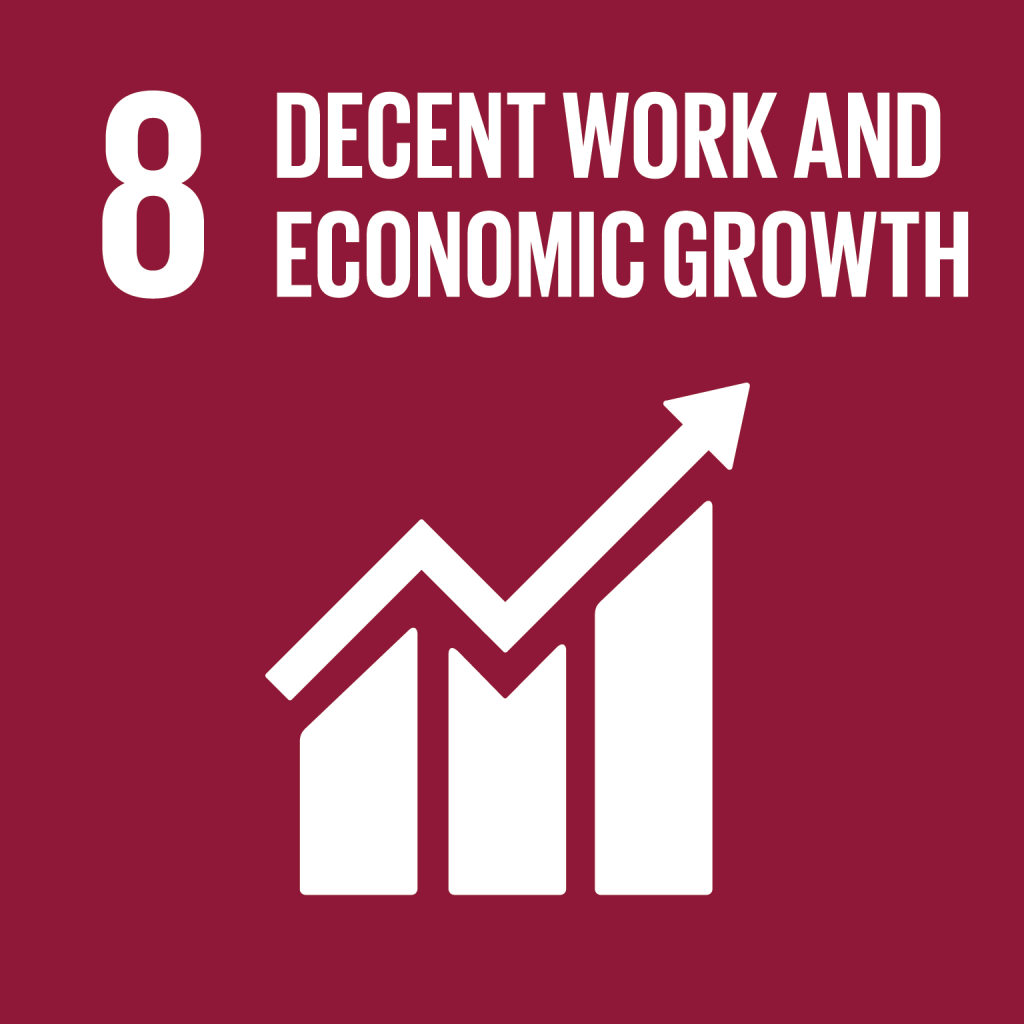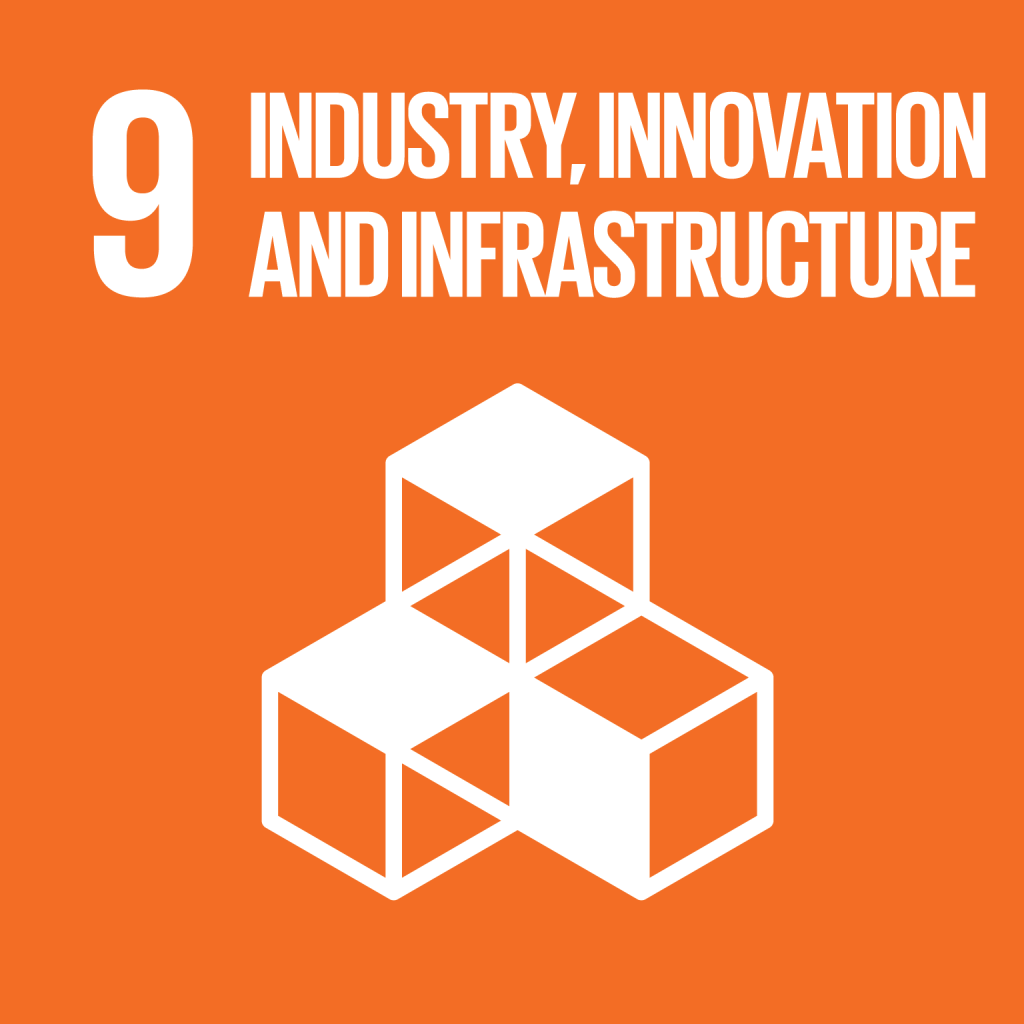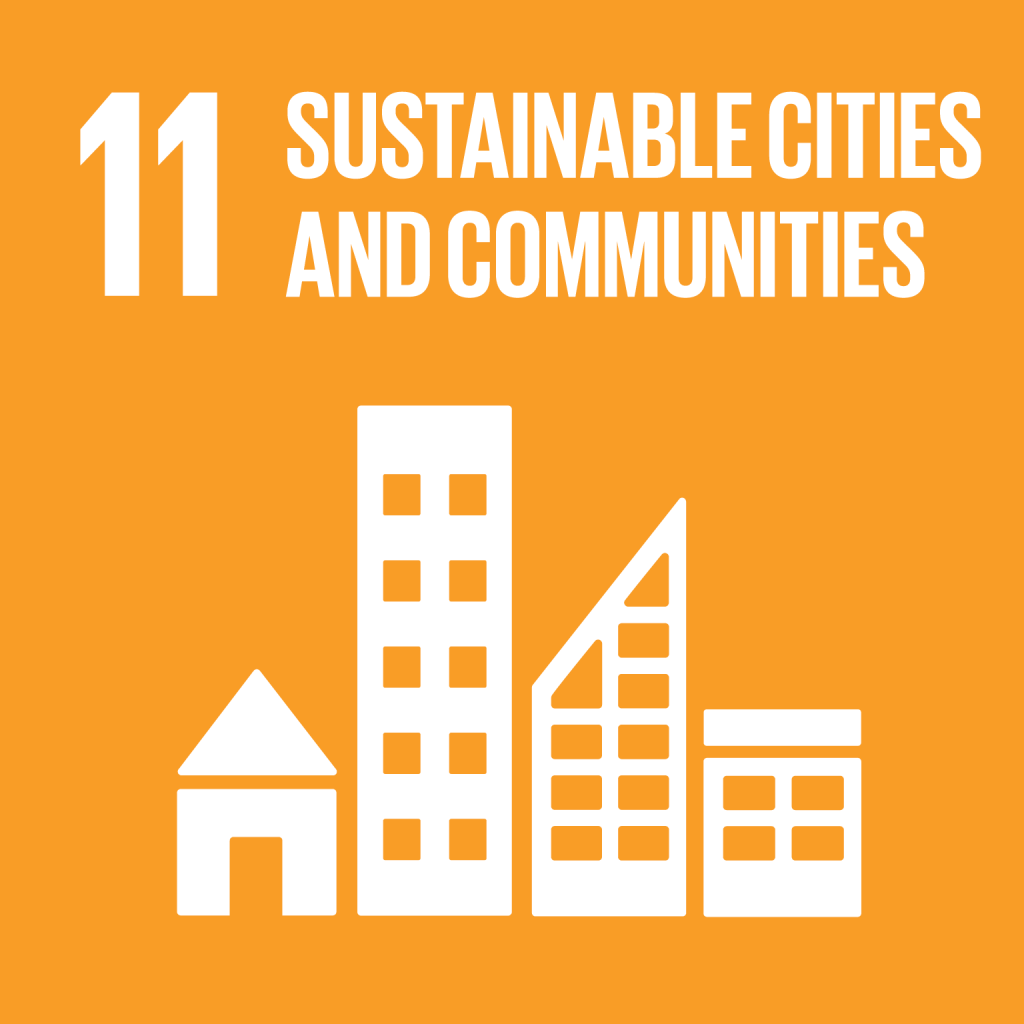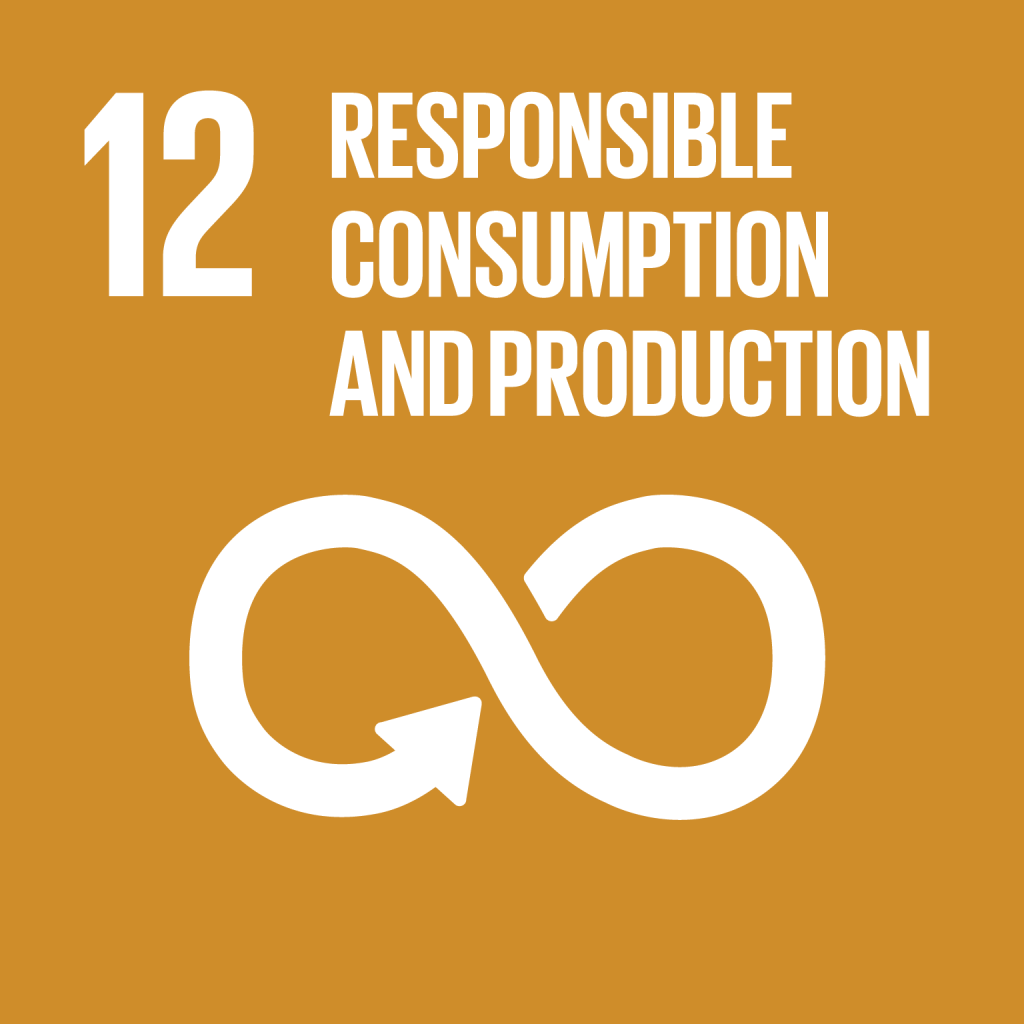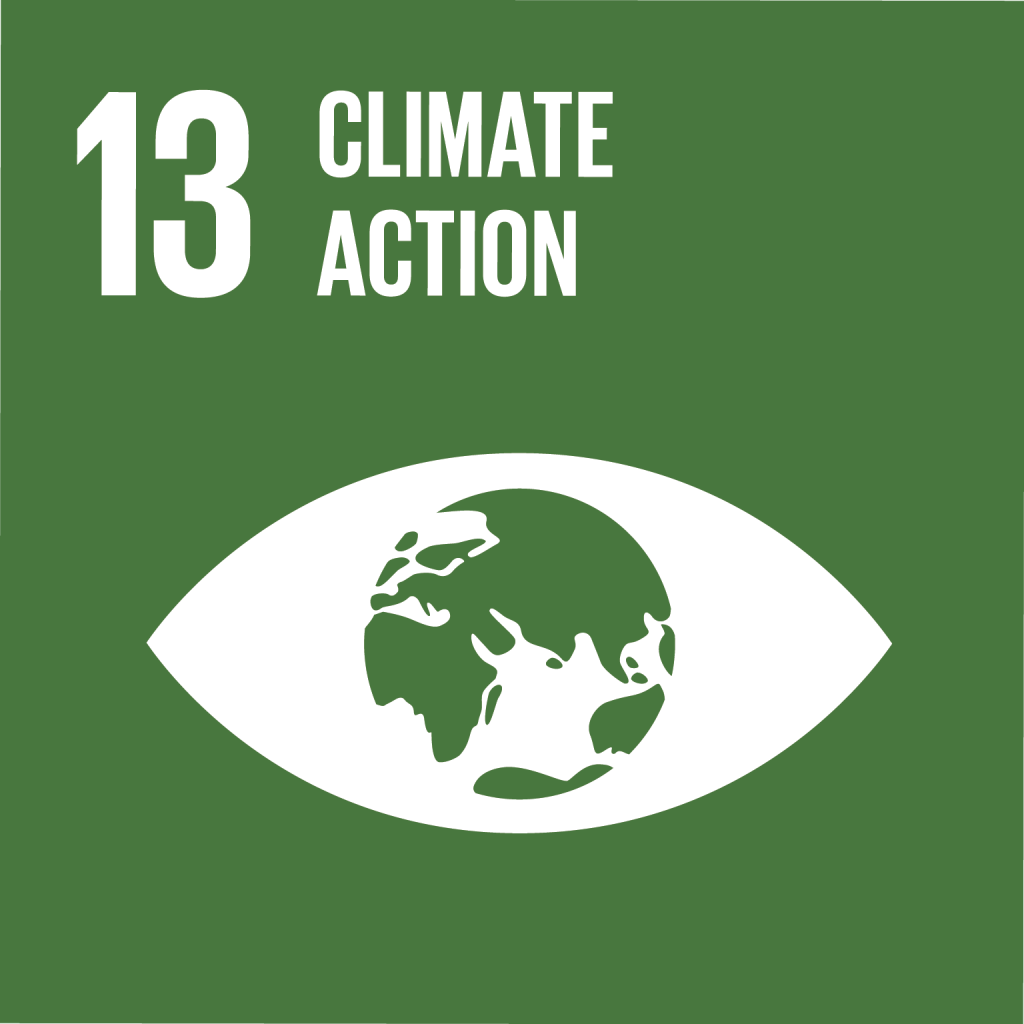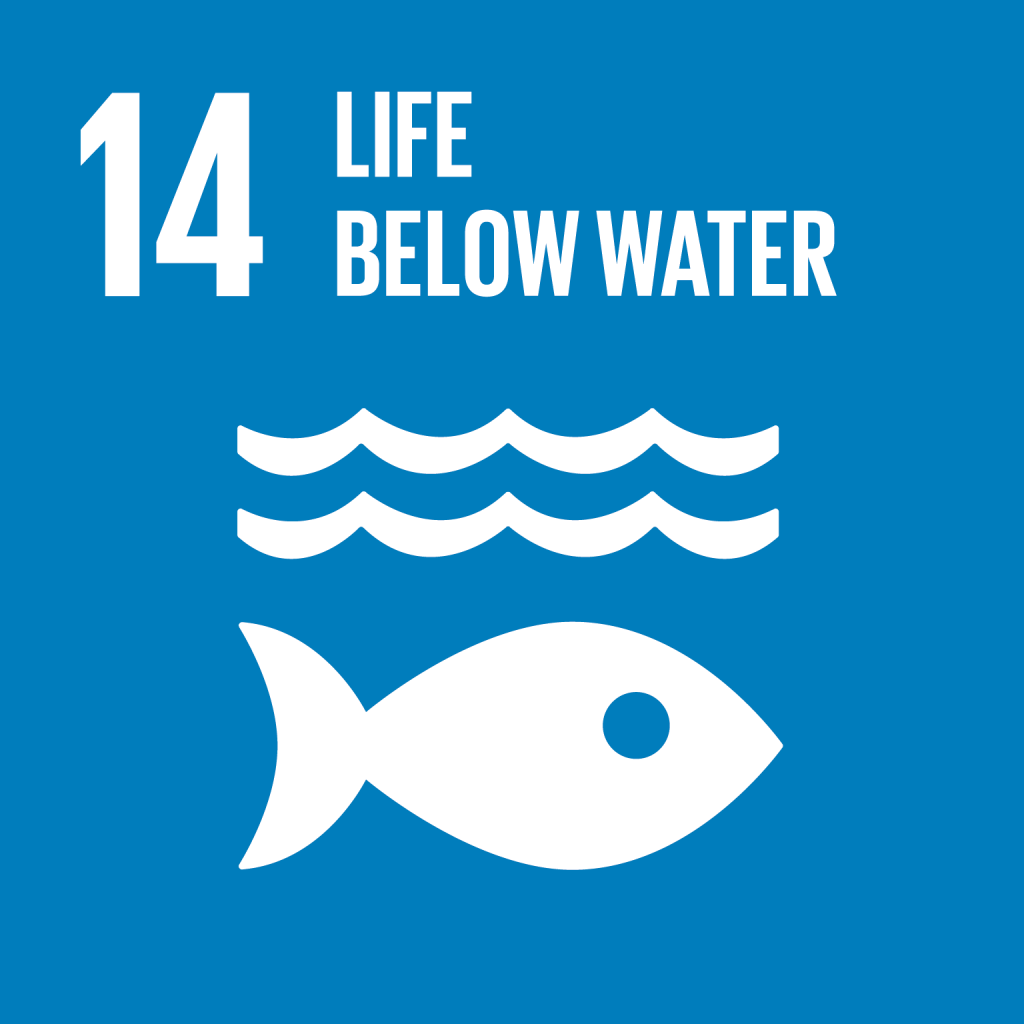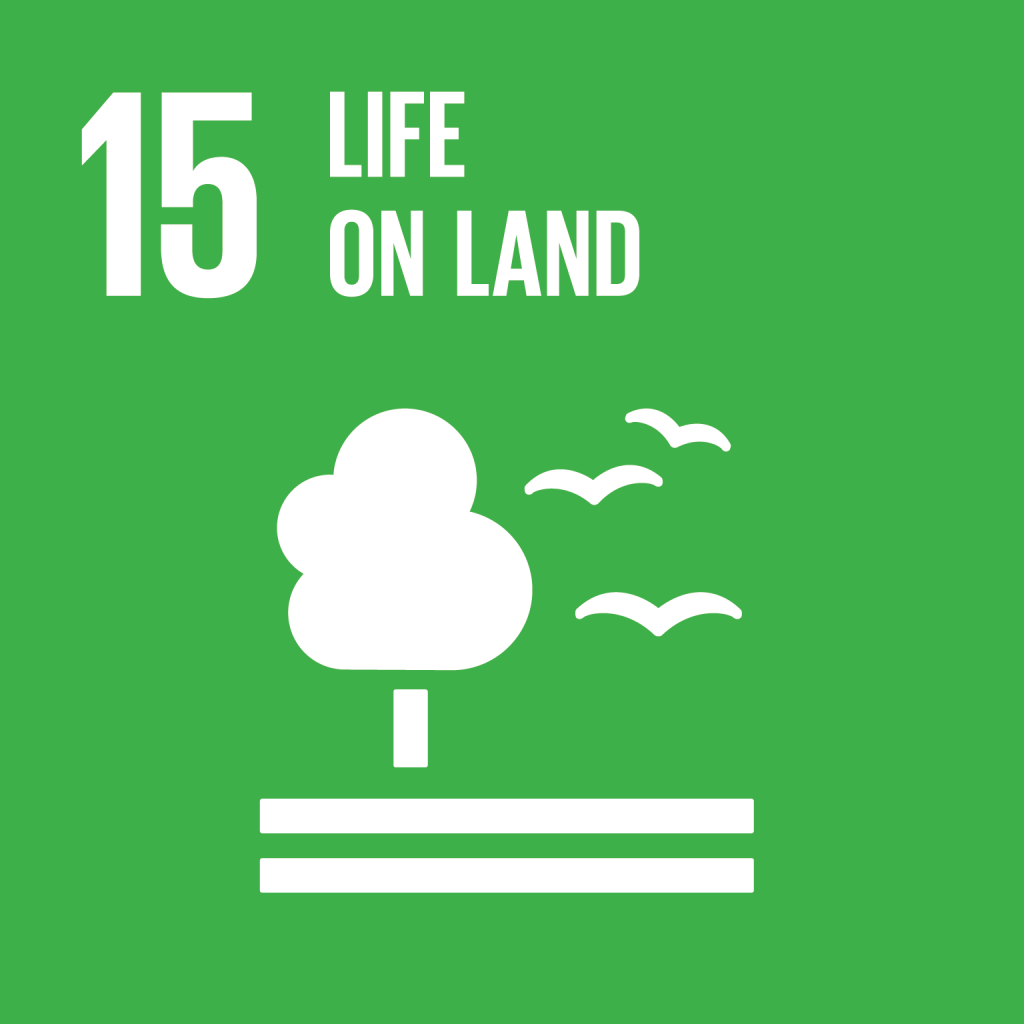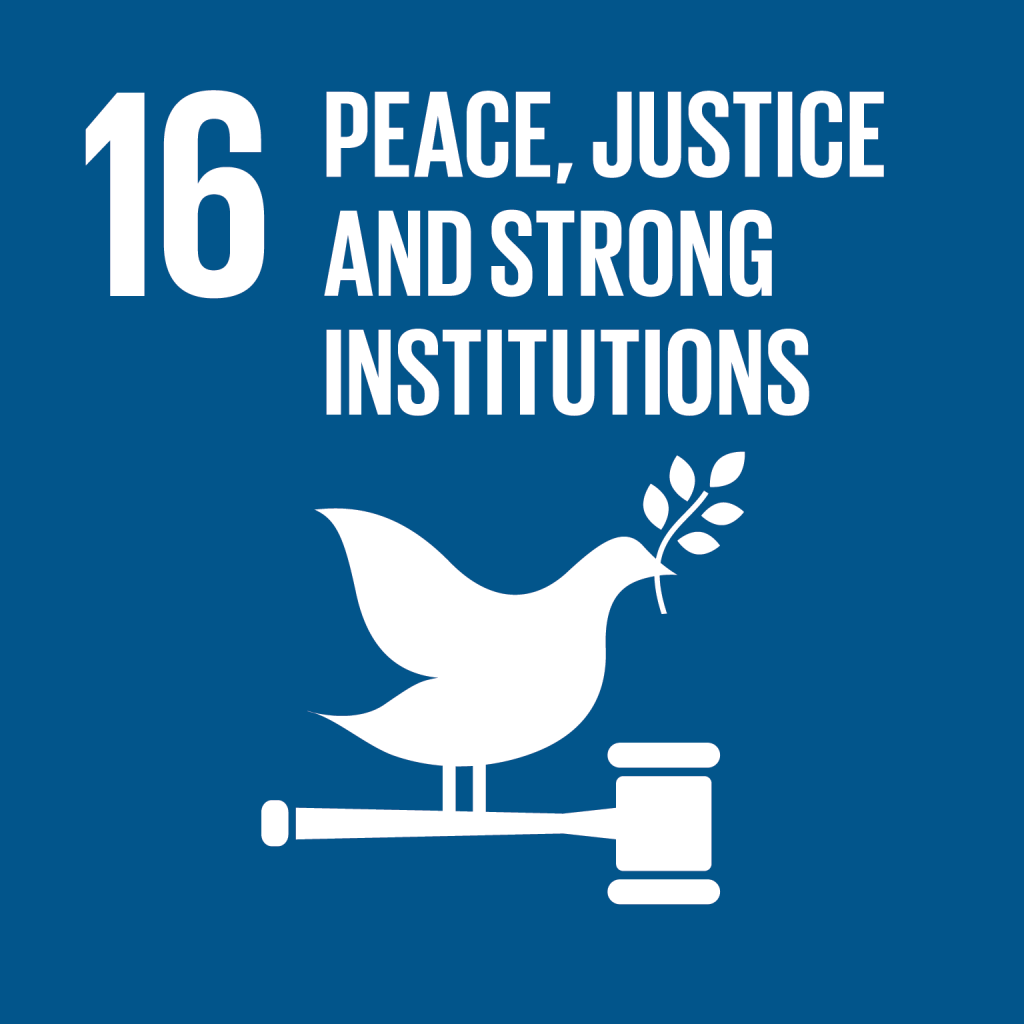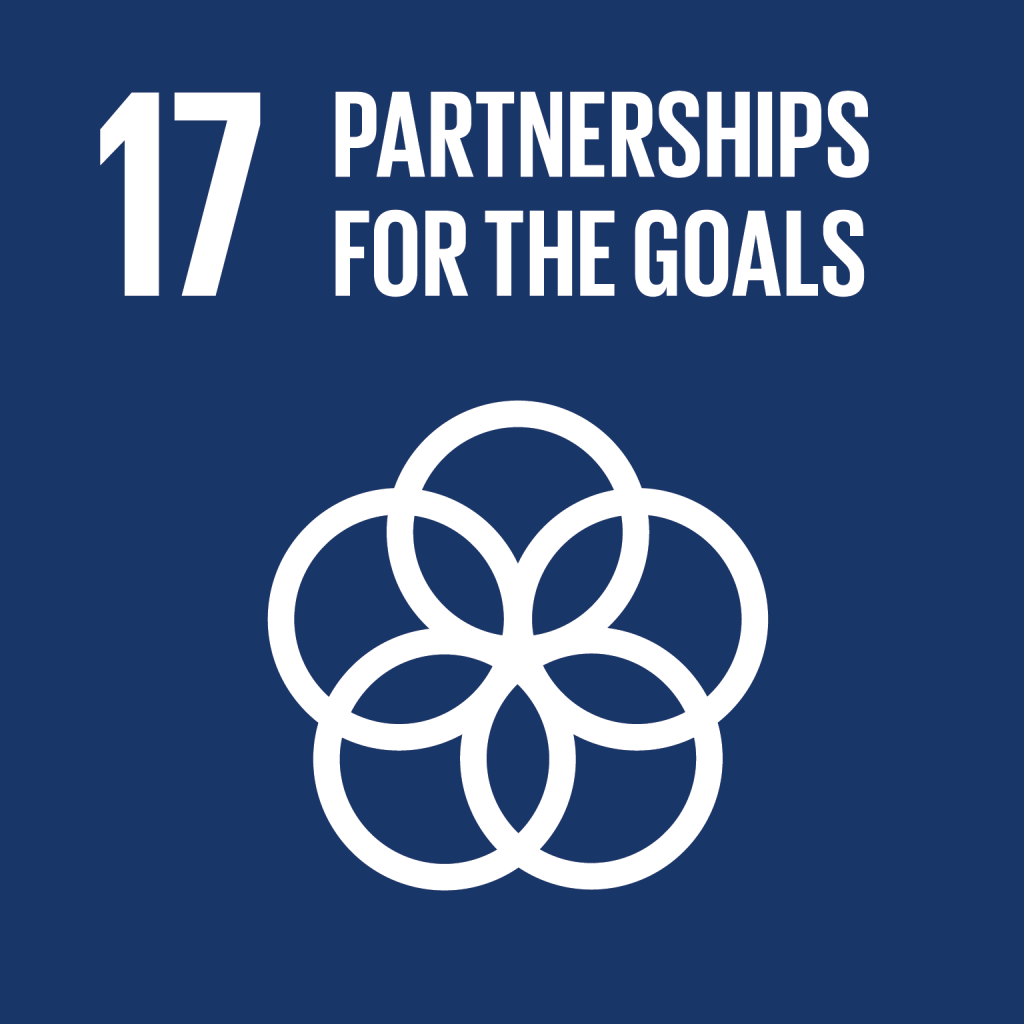Sustainable Development Goals
The following are the UN Sustainable Development Goals (SDG) that Rīga Stradiņš University (RSU) prioritises.
In accordance with the RSU Constitution, the University's administration is required to guarantee and respect the rights of its students and academic staff stipulated in the Law on Higher Education Institutions, the RSU Constitution and other normative acts.
- Read more
A number of internal regulatory documents have been developed and are being observed in order to comply with the principles of equal treatment. In order to respect the equal right to fair remuneration, the principles for determining remuneration are clearly defined in the RSU Remuneration Policy. These establish equal rights for all RSU employees both when entering into and during the employment relationship. This helps establish the culture at RSU in a way that ensures mutual respect and diversity and an awareness of the responsibility of RSU management to implement and uphold these principles.
RSU is the only university in Latvia that has traditionally been closely integrated into the healthcare system, which in turn creates the preconditions for Latvian medical institutions to operate successfully. RSU is constantly modernising the study process, which provides young professionals with more opportunities for growth in practical medicine.
- Read more
The most prominent research platforms at RSU are medicine, public health and social sciences. The medicine platform concentrates RSU resources on an interdisciplinary level in order for world-class research to be conducted and to develop methods for diagnosing and treating the most common diseases in the EU. The public health platform combines RSU resources at an interdisciplinary level to conduct high-quality research to facilitate health promotion, contribute to healthcare organisation and improve the work environment in Latvia.
RSU's vision, and one of its main goals, is to provide research-based, high-quality and exportable higher education in Europe and in the world. RSU provides a solid foundation for academic and professional education and research, as well as offers and ensures lifelong learning for all. RSU organises and participates in various public events open to the general public in order to educate society on current topics as well as to provide continuing education.
- Read more
Sustainable development issues are integrated into the International Business and Sustainable Economy programme, as well as into several courses. The topics covered during studies are related both to current trends in the concept of sustainable development in economics and to the topical issues of sustainable development in general. Lecturers from RSU participate in international conferences on sustainable development.
RSU's high quality education is gaining increasing popularity among international students. The high quality is not only confirmed by the annual increase in the number of applicants, but also by a study by Kantar on the reputation of institutions of higher education in Latvia. RSU has ranked first in reputation among Latvian higher education institutions since 2017.
RSU's core value is people. Gender equality is a fundamental value of the university and one of the key elements for success: gender equality = sustainable development. RSU is focused on its people and supporting them. An example of this is the crèche available to university staff and students free of charge.
- Read more
RSU keeps up to date, publishes the latest information on its website and professors from RSU give their expert opinion on this topic to the public.
Quality drinking water and adequate sanitary conditions are ensured at all properties administered by RSU.
Read more
Access to a centralised water network services guarantees that the water quality is continuously monitored and regularly tested in accordance with external regulatory enactments. RSU pays attention to water protection and has concluded contracts with professional service providers for the drainage of municipal waste water into the urban sewage network, as well as on the collection, transportation and disposal of of hazardous waste.
With a view to continually improve energy efficiency at RSU, an energy management system was introduced and certified in 2017 in accordance with international standard ISO 50001. In 2025, the University's energy management system was re-certified in accordance with the international ISO 50001 standard.
Read more
The Energy Management Manual and the Energy Management Report for 2024 were approved by a decree of the university’s Rector. The development of these two documents shows that RSU is committed to continuing to introduce energy efficient solutions, which are the basis for rational and efficient energy use and will ensure a reduced energy consumption in the long term.
Since 2010, RSU has cooperated with the human resources management and research company Fontes by regularly participating in their remuneration studies.
Read more
These allow RSU to follow up on and assess changes in the Latvian and Baltic labour markets, to identify trends and projections in salary development in these regions and to work together to improve reward principles and salary systems. Aspects of equity and equality – whether women and men are paid equally for the same work and whether there are senior executives of both sexes – are also analysed as part of this cooperation. Since 2013, RSU has been conducting employee satisfaction and engagement surveys on a regular basis to understand key aspects of employee motivation and engagement and to identify work factors that need to be improved.
The RSU Business Incubator B-Space has been running since autumn 2019 to help students implement and develop their own already formulated business ideas, create new and unique ideas, or join in and improve on other students' ideas, including those focused on developing sustainable and stable infrastructure and the promoting inclusive and sustainable industrialisation.
- Read more
The RSU Business Incubator specialises in developing business ideas related to innovations and new technologies in healthcare, pharmacy, health sport, dentistry, and social work.
RSU pays great attention to ensuring accessibility, as well as to improving green spaces and ensuring their general accessibility. For example, the renovated park at Dārza iela, which opened in 2019, is accessible not only to the university's extensive staff, but also to residents and visitors.
Read more
The university's infrastructure, including the gym, museum and library, is also accessible to the general public. The new state-of-the-art RSU Anatomy Museum, which began construction in 2015 and took five years to complete, is an important long-term investment in the development of medical education and science in Latvia. RSU pays special attention to strengthening and preserving cultural values. The university's mixed choir Riga and the folk dance ensemble Ačkups are an integral part of the cultural life of RSU and Latvia.
Research priorities at RSU are coordinated with those defined at the national level. Research at RSU is organised directly based on nationally defined topicalities and priorities.
- Read more
The university also ensures recycling including the appropriate identification and collection of hazardous waste. As part of the ISO 50001 energy management system, employees are informed about energy-efficient guidelines at RSU thereby facilitating employee engagement in using energy responsibly and rationally.
The RSU Institute for Occupational Safety and Environmental Health participates in National Energy and Climate Council meetings.
Read more
These meetings are organised by the Ministry of Economics of the Republic of Latvia and during the meetings drafts of the National Energy and Climate Plan 2021–2030 are discussed with the aim to integrate measures to mitigate climate change into national policies. The RSU Institute for Occupational Safety and Environmental Health is also involved in environmental health, sustainable urban development activities, and implements projects related to the causes and prevention of chemical pollution in the environment.
RSU focuses on topics that can reduce the amount of pollution entering water bodies as a result of human activities. RSU, as a leader in medical and healthcare education in Latvia, also takes special precautions to dispose of medicines that are used for practical classes and scientific research in a safe way.
Read more
In accordance with international standard ISO 9001 requirements, the certified quality management system establishes procedures for the disposal of medicines, thus preventing the release of active substances into the environment and waterways.
Courses at the RSU Open University are open to all students and teach about drinking water, aquatic ecosystems, and the health effects of polluted fresh water.
A green area of 1.3ha has been landscaped between the RSU main building at Dzirciema iela 16 and the adjacent student hostel to ensure the sustainable use and management of terrestrial ecosystems.
Read more
The area has been named Inspiration Park and is freely accessible not only to the university’s students and staff, but also to the residents living in the neighbourhood and the pupils of the secondary school next door.
The RSU Taurene Recreation and Sports Centre is located outside the capital in the green and picturesque Vecpiebalga valley in Taurene parish. The centre has a total area of 8.64ha and currently 76,8 % of the total space is green area.
Governing bodies at RSU are designed to represent all university staff and students. Academic and administrative staff, as well as representatives from the Student Union are involved in the university's decision-making bodies (the Constitutional Assembly, the Senate, the Academic Arbitration Court, etc.).
- Read more
The following student associations are active at the university: the RSU Student Union (Studējošo pašpārvalde, SP) and the RSU International Student Association (ISA).
With a view to improve the quality of studies and research, employer representatives actively participate in the RSU Convent of Councillors and other institutions.
All governing institutions at RSU have been created with the aim to ensure flexible, transparent and inclusive decision making on all levels and to ensure that RSU employees and students are responsibly involved in the process.
It is RSU’s mission to be a modern and prestigious university renowned throughout Europe and worldwide, to put people at the centre, and to provide research-based, high-quality exportable higher education. One of the university's strategic goals is internationalisation and international mobility, which permeates all study and research processes.
- Read more
The development aims set out in the RSU development strategy and the priorities set out by the Research Institution's development strategy incorporate the realisation of the United Nation's Sustainable Development Goals. The study process at the university is continuously improved, which includes implementing the priorities mentioned in the strategy that are acquired within the study process and research activities.
RSU has been implementing a number of projects to meet the above-listed sustainable development goals as part of international and local cooperations. These include many important projects conducted in close cooperation with ministries, non-governmental organisations and international institutions
News
Documents
RSU Report on Progress Towards Sustainable Development Goals 2024
Related links
Related events
Related news
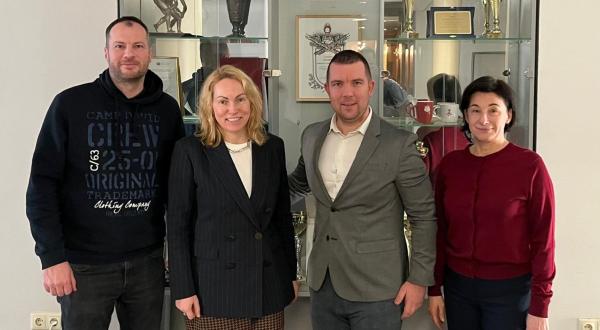 RSU LASE and the Latvian Cycling Federation develop new cooperation opportunitiesDevelopment, Sports
RSU LASE and the Latvian Cycling Federation develop new cooperation opportunitiesDevelopment, Sports
